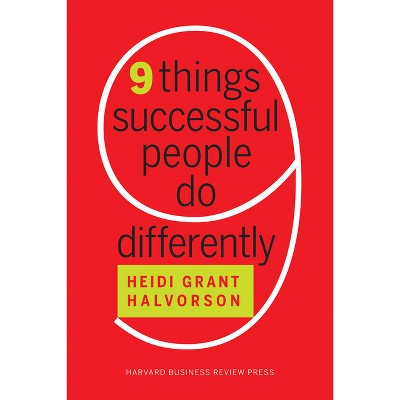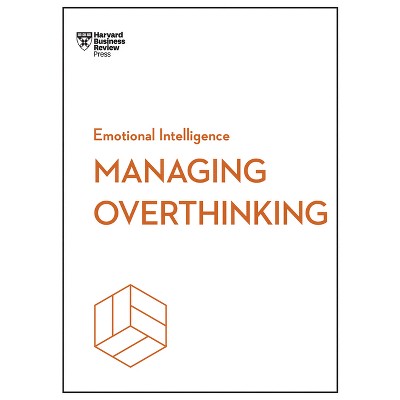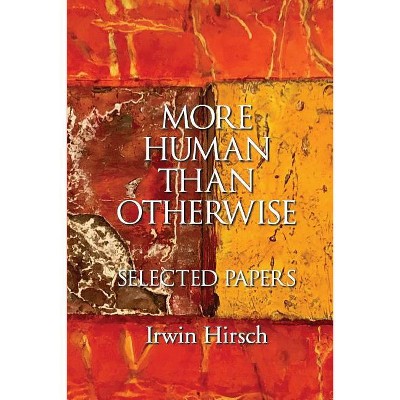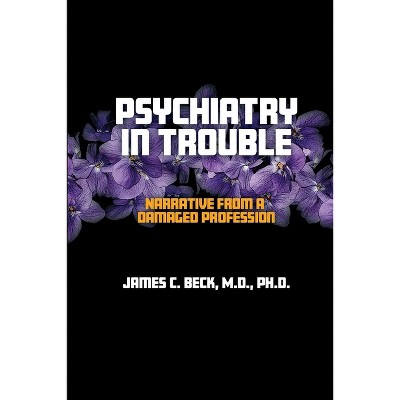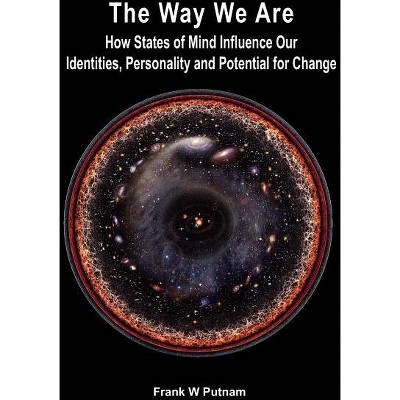Sponsored

Libido, Culture, and Consciousness - by Daniel S Benveniste (Paperback)
In Stock
Sponsored
About this item
Highlights
- Libido, Culture, and Consciousness: Revisiting Freud's Totem and Taboo takes us back to the phylogenetic project of psychoanalysis, leaves behind Freud's psycho-Lamarckian assumption, and sets out in search of analogous relations between psychosexual development, psychopathology, prehistoric cultural evolution, myth, and ritual toward a unified theory of human development.
- Author(s): Daniel S Benveniste
- 518 Pages
- Psychology, General
Description
About the Book
A modern look at Sigmund Freud's Totem and Taboo.
Book Synopsis
Libido, Culture, and Consciousness: Revisiting Freud's Totem and Taboo takes us back to the phylogenetic project of psychoanalysis, leaves behind Freud's psycho-Lamarckian assumption, and sets out in search of analogous relations between psychosexual development, psychopathology, prehistoric cultural evolution, myth, and ritual toward a unified theory of human development. Benveniste considers human social instincts in relation to primatology and Hominin evolution and finds their manifestations elaborated in the artifacts of prehistoric culture after the human symbolic function achieved its modern level of sophistication fifty thousand years ago. These analogous relations are schematized in four stages of "psychomythic development." The stages are informed by psychosexual development and illuminate how human psychology has projected mythic thought into the world and out onto the walls of the universe throughout our cultural evolution.
Review Quotes
Daniel Benveniste's new book is a tour de force that emerges from his life-long study of psychoanalysis including his eleven years of living and working in Venezuela. He possesses a rare gift for understanding the workings of the mind individually and in groups of all sizes. I don't know of anyone in the field of psychoanalysis or anthropology to have written so beautifully and passionately about such a vast range of human experiences. In his new book, Benveniste proposes that when primate instincts are processed through human symbolic function, they give rise to metaphors that are co-created in the space between the individual and the culture. He proposes a new dimension of human development, the psychomythic, and a new way of looking at psychopathology, both of which are inseparable from the cultural and the mythic dimensions of human experience. This is a book not to be missed.
-Thomas H. Ogden, MD, author most recently of Coming to Life in the Consulting Room:
Toward a New Analytic Sensibility and Reclaiming Unlived Life.
Daniel, having read your new book, Libido, Culture and Consciousness: Revisiting Freud's Totem and Taboo, I couldn't help but remember the early years of your work with Rollo. He prophesied you would contribute fresh and fascinating ideas to the field. I know Rollo would have loved your book. You were always one of his favorite students. I wish you success with this book and the ones to follow. Fondly,
-Dr. Georgia L. May
Shipping details
Return details
Frequently bought together

Trending Non-Fiction






